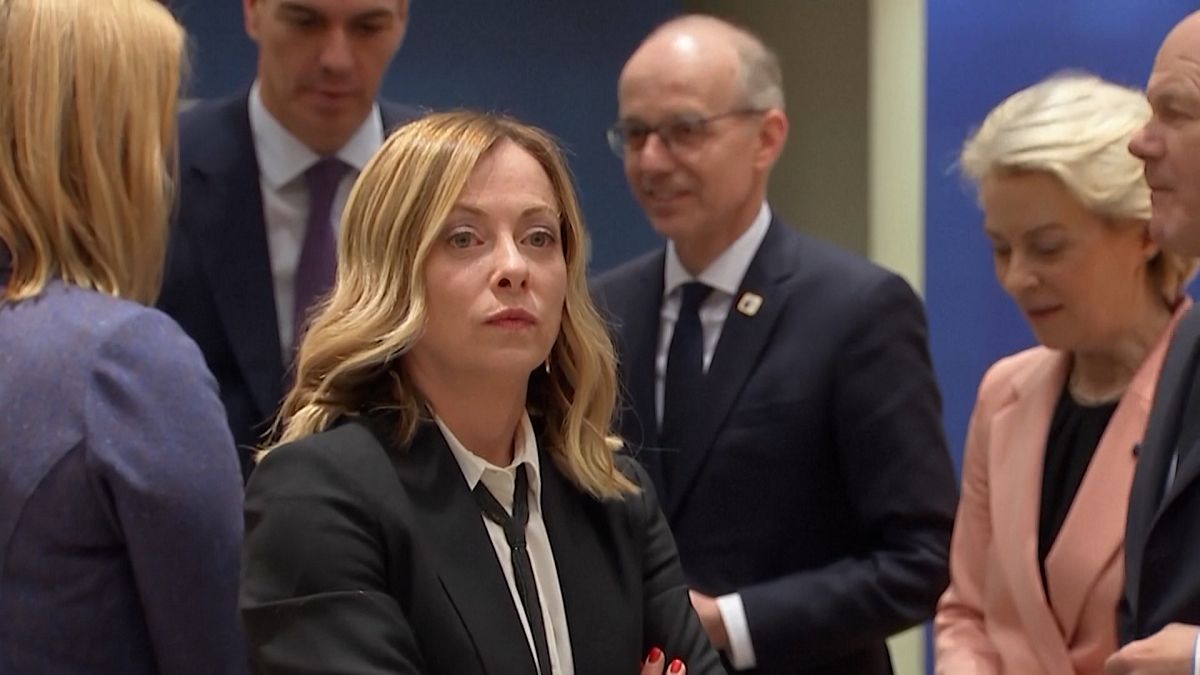The upcoming European elections are expected to reveal an overall conservative majority, but the right-wing parties are facing difficulties in finding common ground to form a cohesive coalition. The EPP, ECR, and ID are struggling to align their national and political interests, leading to deep divisions among them.
The far-right is gaining popularity and is willing to compromise on their policies to attract more moderate voters from the centre. However, the expected conservative victory may lose momentum as the different right-wing parties fail to unify their stance. The EU politics show a high level of incompatibility between the centre-right, conservative right, and far right, making it challenging to form a united bloc.
The divide among the European Parliament’s right-wing parties is evident in their differing perceptions of national interests, the role of the EU, societal values, and domestic political interests. The pro- and anti-EU sentiments further deepen the rift, with the EPP being openly pro-EU, while parties in the ECR and ID groups are mostly critical of the union or openly Eurosceptic.
Leaders like Giorgia Meloni and Marine Le Pen have made efforts to promote political unity among the right-wing parties but have struggled to establish a strong relationship. The recent event in Madrid organized by Vox was seen as a step towards unity on the right, but challenges remain in aligning the interests of different leaders who also serve as heads of government.
Realpolitik and national interests play a significant role in EU political dynamics, especially for parties prioritizing their countries’ interests. The simulations by the Euronews Polls Centre suggest that a potential conservative coalition should integrate the liberals of Renew Europe to balance out the coalition’s right-wing orientation and avoid isolation from other EU institutions like the European Council.
Despite the challenges faced by the right-wing parties in forming a cohesive coalition, the moderate mainstream EU political groups such as EPP, S&D, and Renew are likely to rule the future Parliament together. These groups may need to form temporary alliances with different political groups, including some from the fragmented radical-right bloc, to facilitate the functioning of the Parliament in what is described as a “Lego coalition”.


























